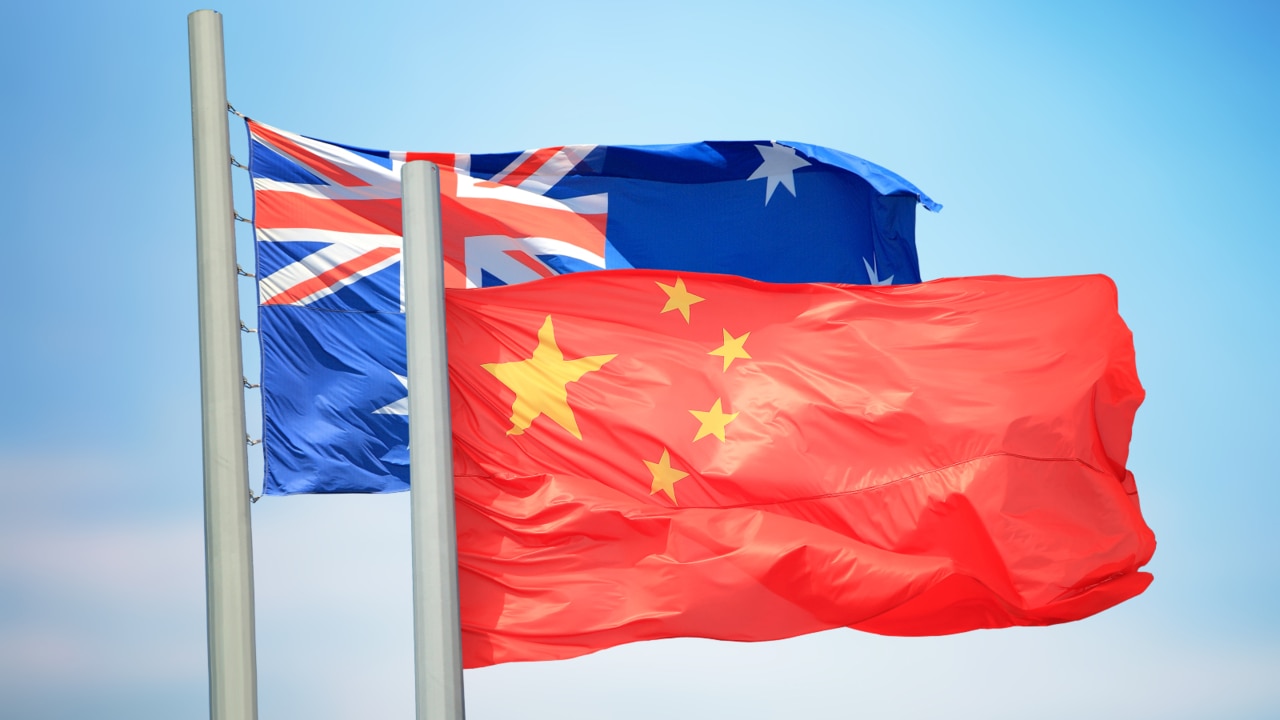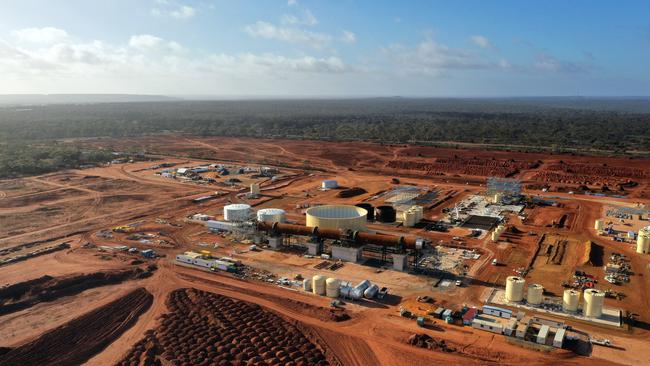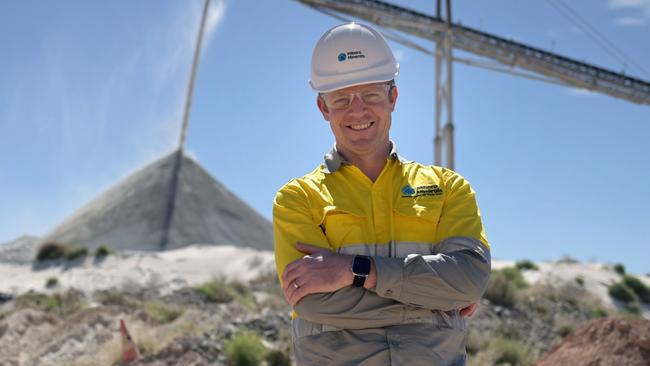Lynas chief Amanda Lacaze calls for Australia to protect critical minerals from foreign players
Lynas CEO Amanda Lacaze says the country needs to prevent mining firms from falling into foreign hands to protect Australia’s sovereignty and to counter China’s influence.

Business
Don't miss out on the headlines from Business. Followed categories will be added to My News.
Lynas Rare Earths chief executive Amanda Lacaze says Australia needs to take steps to increase the sovereign capability of critical minerals and to ensure that local firms don’t fall into foreign hands.
Speaking at the Australian British Chamber of Commerce’s Rare Earth and Lithium – The Australian Advantage event, Ms Lacaze said that while investment from China could be positive for the economy, Australia could not speak about the need for resilient supply chains and then give it up for a quick buck.
“There is no question that a number of Chinese investors are particularly interested in the Australian minerals industry and rare earths in particular. We cannot speak to the need for resilient supply chains and deal with that logistically, but then give it up financially,” Ms Lacaze said.
“I don’t think we should give over ownership in our minerals firms, and particularly in the ones critical for future businesses.”
Lynas Rare Earths is the only non-Chinese processor of rare earths of size, which Ms Lacaze said was the result of historic mistakes made by the West in believing that a developed China would follow a rules-based culture.
“The Chinese worked out a lot earlier than anybody else (the importance of rare earths) and spent 30 years actually developing a rare earths industry,” she said.

“By 2010 there was no outside China mining or processing of rare earths. And that happened because people in the West believed in globalisation, believed in the concept that we will outsource or we will locate economic activity in the area at best fit.”
Rare earth elements are used in many devices such as smartphones, computers, electric cars and energy efficient light bulbs.
Ms Lacaze described Lynas as the perfect case study of when China tried to defend its monopoly position in the sector, which happened in 2010 when Beijing cut off Japan’s access to rare earths following a diplomat incident.
“Japan was one of the early key funders and continuing partners of rare earths,” she said. “China implemented a strategic marketing plan and cut the guts out of the price for a long time … and the result was that Molycorp went into Chapter 11 in 2015,
“We survived because we could run our asset by that stage … and because the Japanese government held our hands very tightly during that period and supported us.”
Japan and US were singled out as having worked out issues in the rare earths market and that it needed continued support to counter China’s influence.
“The 30 years of neglect will not be fixed by clicking your heels three times,” Ms Lacaze said.
“We are strong advocates for the fact that governments should invest in things like infrastructure into which we can then be successful rather than necessarily picking winners.”

Meanwhile, Pilbara Minerals chief executive Dale Henderson told the Sydney event that the decision by the US Department of Energy to exclude companies with substantial Chinese ownership from access to US grants was good news for his company, but would cause pain for others.
The US Department of Energy on Friday drafted plans to block lithium miners from US government subsidies after it moved to exclude critical minerals with high levels of Chinese ownership or processing.
“The way I see it is, isn’t that great for Pilbara when thinking about our shareholders,” he said. “The joint venture with Posco in South Korea was poised to benefit from that update, and the processing plant as well.
“In the case of Pilbara and the way we set up the business, we stand to benefit through that supply chain and joint venture with Posco.”
It comes as UBS downgraded lithium prices by 45 per cent for 2024 and 35 per cent for 2025 because of weaker demand and continued supply response from China. UBS lowered Pilbara Minerals to a “sell” recommendation with a $3.05 target price amid an expectation that its cash balance will continue to decline.
More Coverage
Originally published as Lynas chief Amanda Lacaze calls for Australia to protect critical minerals from foreign players





